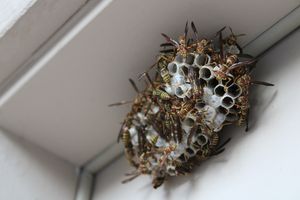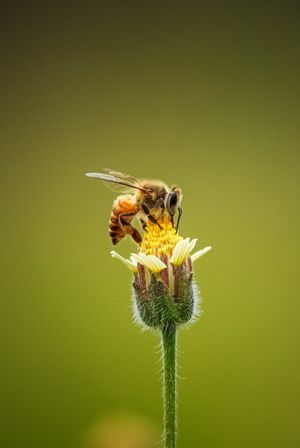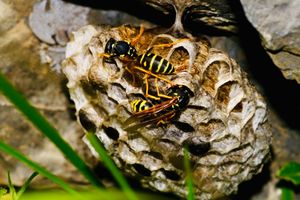As the fall and winter months approach and the temperatures begin to tumble, many pests will begin searching for a place to shelter during the upcoming cold months. Rats and mice are certainly a part of those that are looking for shelter. They can be found in every town and farm in the country and have no affinity for a specific social class. They are equal opportunity pests. They don’t care as long as their three basic needs are met: food, shelter, and water.
TREATING STINGING PESTS

Stinging pests are not only a painful nuisance they can cause other problems and should be treated by a professional exterminator as soon as possible. Stinging pests come in a variety of shapes, sizes, and species. The common denominator found with all of them is a stinger, but it can vary as widely as their body types, colors, and legs. Typical stinging pests are bees, hornets, scorpions, wasps, and yellow jackets.

If stinging pests are not treated appropriately, risk factors are certain to arise.
- Stings are not only painful, but many people are allergic causing a mild or severe, life-threatening reaction. It is best to keep them controlled around your home and away from loved ones.
- Although carpenter bees are non-stinging, they can and will cause property damage. They excavate tunnels to use as nests making themselves right at home in your porch, decks, siding, and eaves.

You may have noticed that one type of stinging pest not listed, is the honey bee. If you find that you have an infestation, a pest control professional will often recommend contacting a beekeeper to safely move the nest while preserving it and the honey bees. They play a crucial role in pollination and produce products such as honey, pollen, beeswax and propolis extract.
Contact Terminator Termite and Pest Control to determine which type of stinging pest you have and develop a plan of attack. Removing a stinging pest nest is difficult and must have the utmost care taken to determine the best course of treatment. Terminator pest pros can determine the type of nest and the best treatment. Contact one of the Terminator professionals today, 479.783.6200.
